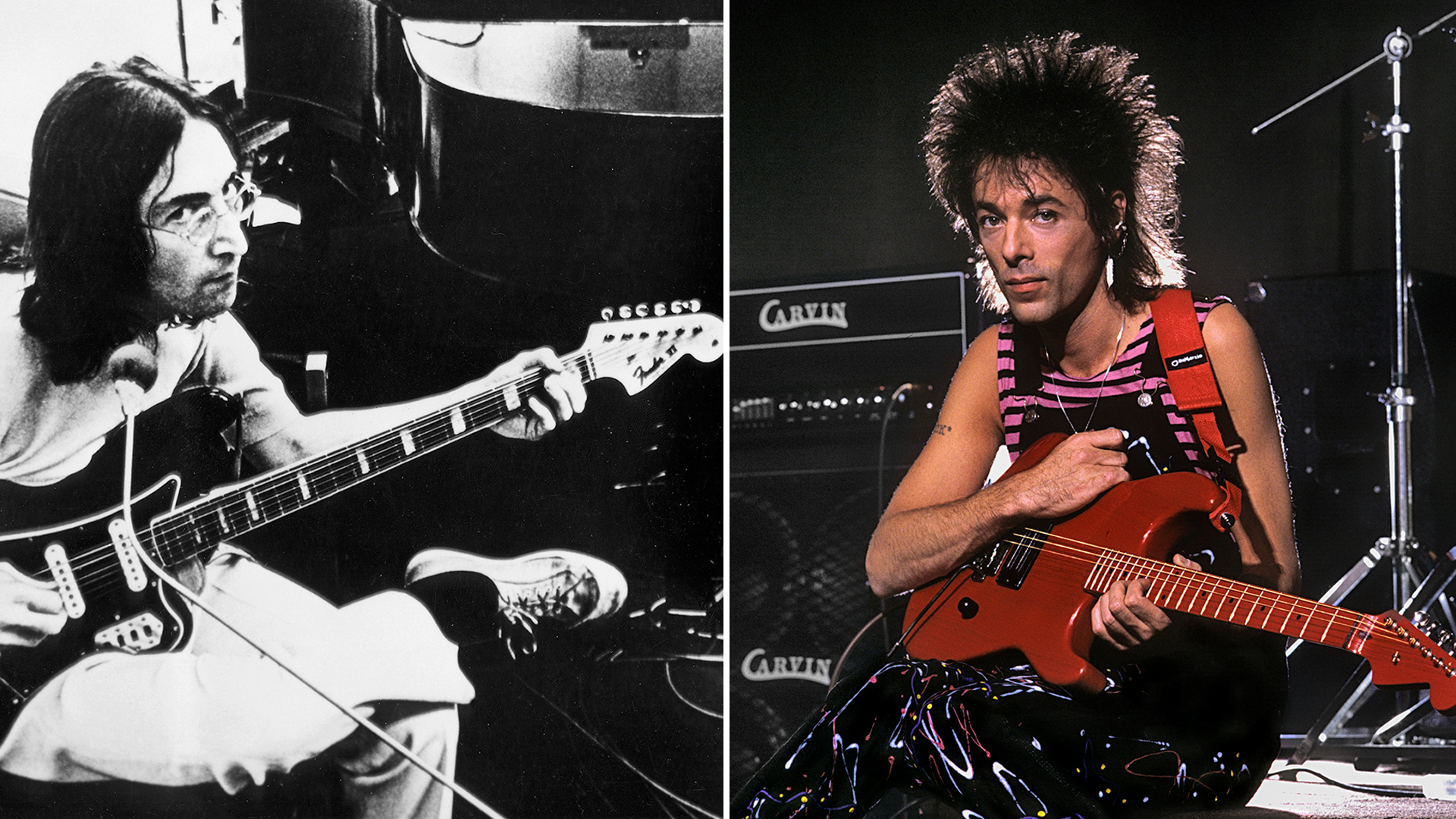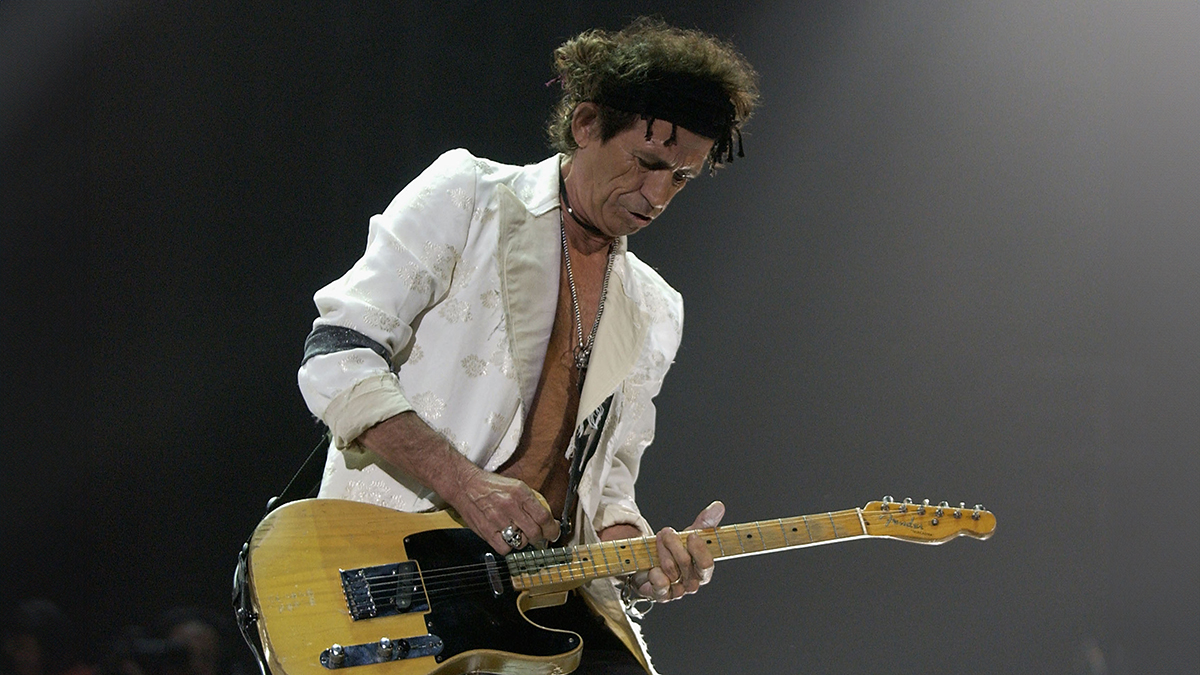“I thought, ‘Oh, God, this could go really bad…’ I’m telling him that I can’t remember playing with him on a No. 1 record”: Earl Slick says he was too high to remember meeting John Lennon during David Bowie’s Fame recording session
The guitarist and session man met The Beatle while recording David Bowie’s Young Americans and was invited to play on Double Fantasy

The Beatles’ far-reaching and enduring influence has meant that the pop annals are full of stories of musicians’ near-spiritual encounters with the Fab Four, but Earl Slick’s tale of meeting John Lennon tops most of them – mainly because he has no recollection of it.
In early 1975, Slick had been working on and off with David Bowie and was called into Electric Lady Studios for a session with Lennon on the track that would become Bowie's 1975 hit Fame.
However, in a new interview with Guitar World, Slick – who like Bowie himself was indulging heavily in recreational drug use in the mid-’70s – explains that he has no memory whatsoever of his first contact with the Beatle.
“It was [our first meeting], but I can't remember it,” says the guitarist – who is, inevitably, then asked if he was high at the time.
“Well, yes, I was,” continues Slick. “[But] this is so strange because John is my favorite Beatle.”
That in itself is quite the rock ‘n’ roll anecdote, but as Slicks explains, it was somewhat compounded when, five years later, he got the call to work on Lennon’s own record, Double Fantasy…
“Fast-forward to 1980,” says Slick. “I was uncharacteristically nervous before Double Fantasy started. I went in early on the first day. I thought if I could grab a cup of coffee and a smoke and just chill out... I got to the studio and nobody was there – except for John.”
All the latest guitar news, interviews, lessons, reviews, deals and more, direct to your inbox!
Put on the spot, Slick tells GW that – despite his nerves – he went over and said hello.
“I introduced myself, and his reaction was, ‘Why?’” recalls Slick. “Because to him, we already knew each other. And I said, ‘Well... I don't remember.’
“The second I said it, I thought, ‘Oh, God, this could go really bad.’ He called me to play on his record, and he is who he is, and I’m telling him that I can’t remember playing with him on a Number 1 record.”
Fortunately, Lennon took it well. “He thought it was hysterical,” says Slick. “It became kind of a joke during the recordings.’”
Indeed, Lennon was on good form during the sessions.
“All of his guitar chops were there. His vocal chops were there. He was right on the money,” says the guitarist.
“Once in a while, Hugh [McCracken, the other guitarist] and I would start playing a Beatles song, and John would go, ‘Cut that shit out!’ It was really funny.”

Matt is Deputy Editor for GuitarWorld.com. Before that he spent 10 years as a freelance music journalist, interviewing artists for the likes of Total Guitar, Guitarist, Guitar World, MusicRadar, NME.com, DJ Mag and Electronic Sound. In 2020, he launched CreativeMoney.co.uk, which aims to share the ideas that make creative lifestyles more sustainable. He plays guitar, but should not be allowed near your delay pedals.

